We are an interdisciplinary research group at Fachhochschule Potsdam working at the intersection of interface design, computer science, and the digital humanities. Our research revolves around data visualization with a particular focus on the challenges and questions arising from social, cultural, and technological transformations. Our mission is to devise new ways to access comprehensive information spaces and make sense of complex issues by developing creative and critical approaches to visualization. We cooperate closely with academic and cultural institutions as well as public and private organizations.
The lab itself is a joint initiative between the Design Department and the Urban Futures Institute. At the junction of design teaching and visualization research, we strive to have an impact in both academia and the world of practice. For the physical and social space of the lab, our ambition is to cultivate a stimulating environment for a transdisciplinary community of designers, developers, and scholars at different levels of experience. We share our work in the form of prototypes, exhibitions, workshops, and contributions to conferences and journals. The research lab is co-directed by Boris Müller and Marian Dörk.
Lab Members

Mark-Jan Bludau
Information Visualization
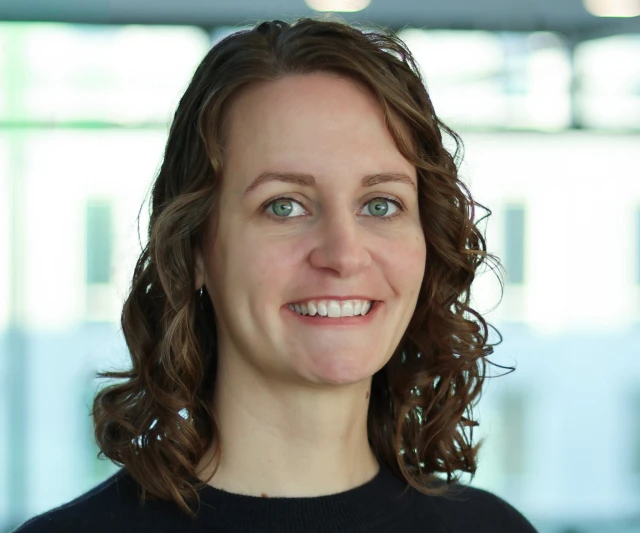
Viktoria Brüggemann
Cultural Sciences
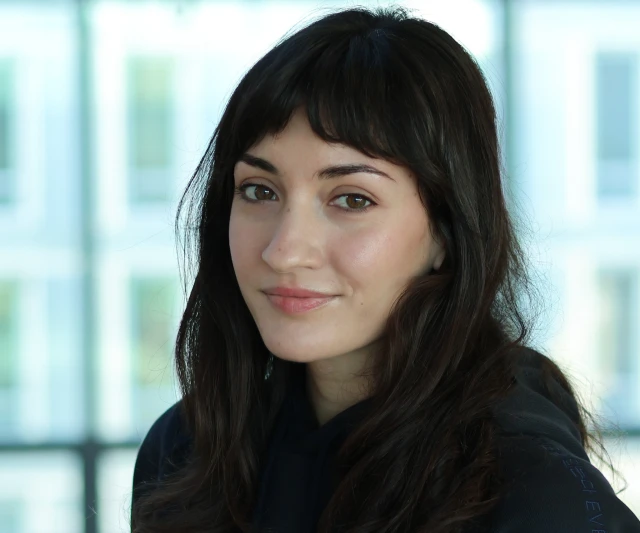
Silvia Casavola
Communication Design

Marian Dörk
Information Visualization
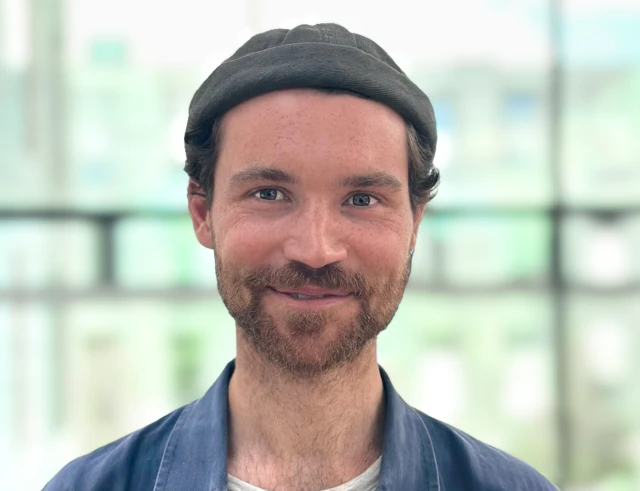
Markus Kreutzer
Systemic Transformation Design

Boris Müller
Interaction Design
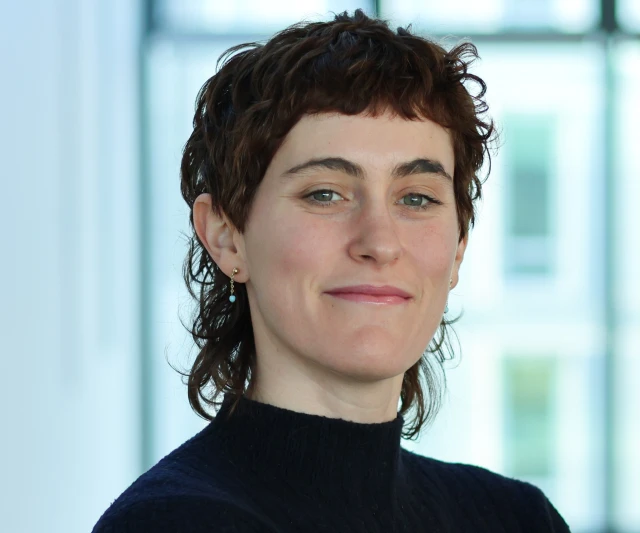
Francesca Morini
Information Visualization & Data Journalism
Associated Researchers

Manuela Garretón
Information Visualization

Gianna-Carina Grün
Data Journalism & Information Visualization

Jonas Pelzer
Web Design & Interface Design

Christopher Pietsch
Interface Design & Visualization
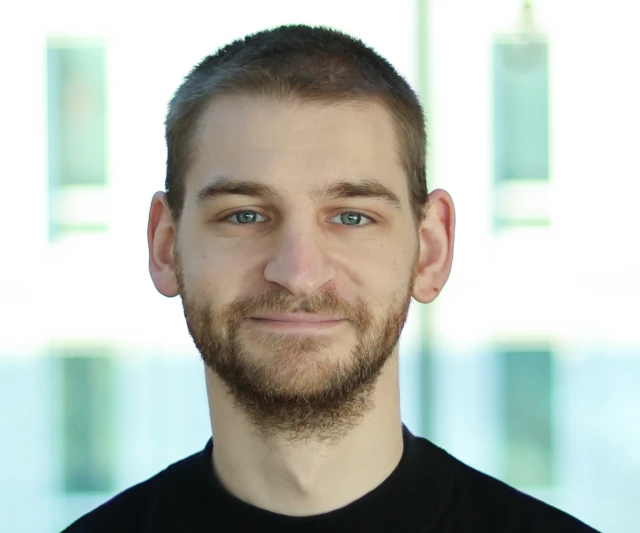
Jona Pomerance
Interface Design & Visualization
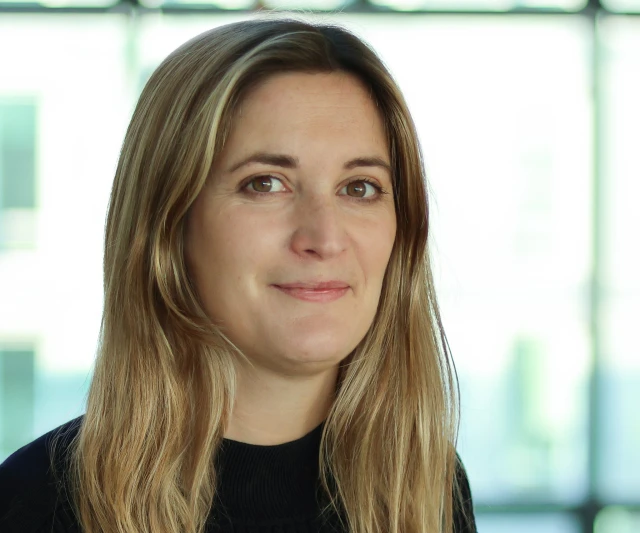
Nadia Zeissig
Information Visualization & Interface Design
Alumni

Sara Akhlaq
Digital Cultural Heritage

Jonas Arndt
Web Engineering

Katja Dittrich
Software Development & Visualization

Barbara Avila Vissirini
Communication Design

Linda Freyberg
Information and Image Science

Sabine de Günther
History of Art & Dress

Katrin Glinka
Cultural Sciences & Digital Heritage

Matthias Graf
Direct Manipulation Dynamic Authoring

Johannes Herseni
Interaction Design

Tobias Kauer
Information Visualization

Ilias Kyriazis
Digital Cultural Heritage

Till Nagel
Geo Visualization & Tangible Interaction

Giacomo Nanni
Information Visualization

Stephanie Neumann
Interaction Design & Photography

Jonas Parnow
Information Visualization

Arran Ridley
Information Visualization

Jan-Erik Stange
Interface Design & Textual Visualization

Fidel Thomet
Interaction Design & Urban Futures
Former Student Researchers
- Kim Albrecht
- Julian Braun
- Christian Bernhardt
- Fabian Ehmel
- Mariana Chisté Reinhardt
- Gabriel Credico
- Anna Eschenbacher
- Johanna Hartmann
- Lennart Hildebrandt
- Philipp Geuder
- Flavio Gortana
- Daniela Guhlmann
- Timo Hausmann
- Kerstin Humm
- Pauline Junginger
- Sebastian Kaim
- Sarah Kreiseler
- Marie Claire Leidinger
- Martin von Lupin
- Ayse Nacak
- Dennis Ostendorf
- Heike Otten
- Ekkehard Petzold
- Giovanni Profeta
- Jens Rauenbusch
- Martin Schulze
- Hannah Schwan
- Meraj Sharifi
- Barbara Stabellini
- Julian Stahnke
- Franziska von Tenspolde
- Anastasia Voloshina
- Kendra Ann Wannamaker
- Elsa Woelk
- Lena Zagora